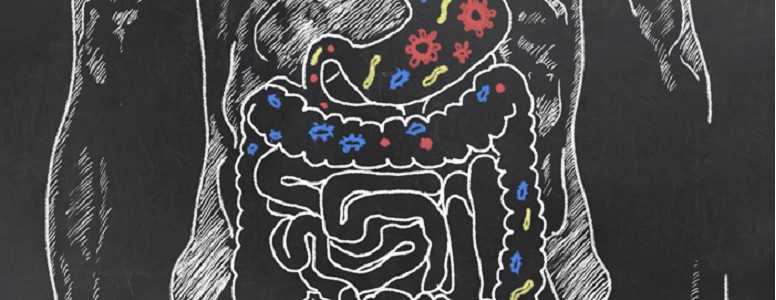Intensive control of blood glucose levels and other health markers benefits people with type 2 diabetes more than standard care, research suggests.
Those with near-normal treatment targets across blood sugar, blood pressure and lipids had lower rates of stroke, nephropathy and retinopathy. They also experienced less severe hypoglycemia.
However, those with tighter control did not have a significantly lower risk of myocardial infarction (MI), stroke, revascularisation or all-cause death, which researchers attributed to the control group having such good diabetes management to begin with.
The Japan Diabetes Optimal Integrated Treatment Study for 3 Major Risk Factors of Cardiovascular Diseases (J-DOIT3) trial was conducted between 2006-2016. A total of 2,540 patients with type 2 diabetes were recruited, all of whom were aged 45-69 years, had an HbA1c greater than 51.9 mmol/mol (6.9%) plus hypertension and/or dyslipidemia.
Participants were randomised to receive standard care, which mostly consisted of Japanese guideline-recommended lifestyle counselling, or intensive care, which entailed frequent education sessions from diabetes educators and additional meters to monitor blood pressure and blood glucose levels.
During 8.5 years of follow-up, there were 133 primary-outcome events (deaths, MIs, stroke or revascularisation) in the standard care group, and 109 in the intensive therapy group. While the reduction was nonsignificant, adjustment for variables such as smoking showed there was a significantly reduced risk of these outcomes among the intensive therapy group.
Ulf Smith, MD, Gothenburg University, Swede, who chaired the findings at the European Association for the Study of Diabetes (EASD) 2016 Annual Meeting, told Medscape Medical News: “The Japanese DOIT3 trial tells [clinicians] that metabolic control – optimal lipid, blood pressure, and, glycemic control – is important, and the better the targets you can achieve, the less microvascular and macrovascular complications you have.”
Smith added that the take-home message for healthcare professionals “is that we should aim for near-normal metabolic parameters in our patients when it comes to blood pressure, lipids, and glucose control”.
The findings have been accepted for publication by The Lancet Diabetes and Endocrinology, and researchers are now conducting a follow-up five-year study.
What's new on the forum? ⭐️
Get our free newsletters
Stay up to date with the latest news, research and breakthroughs.







